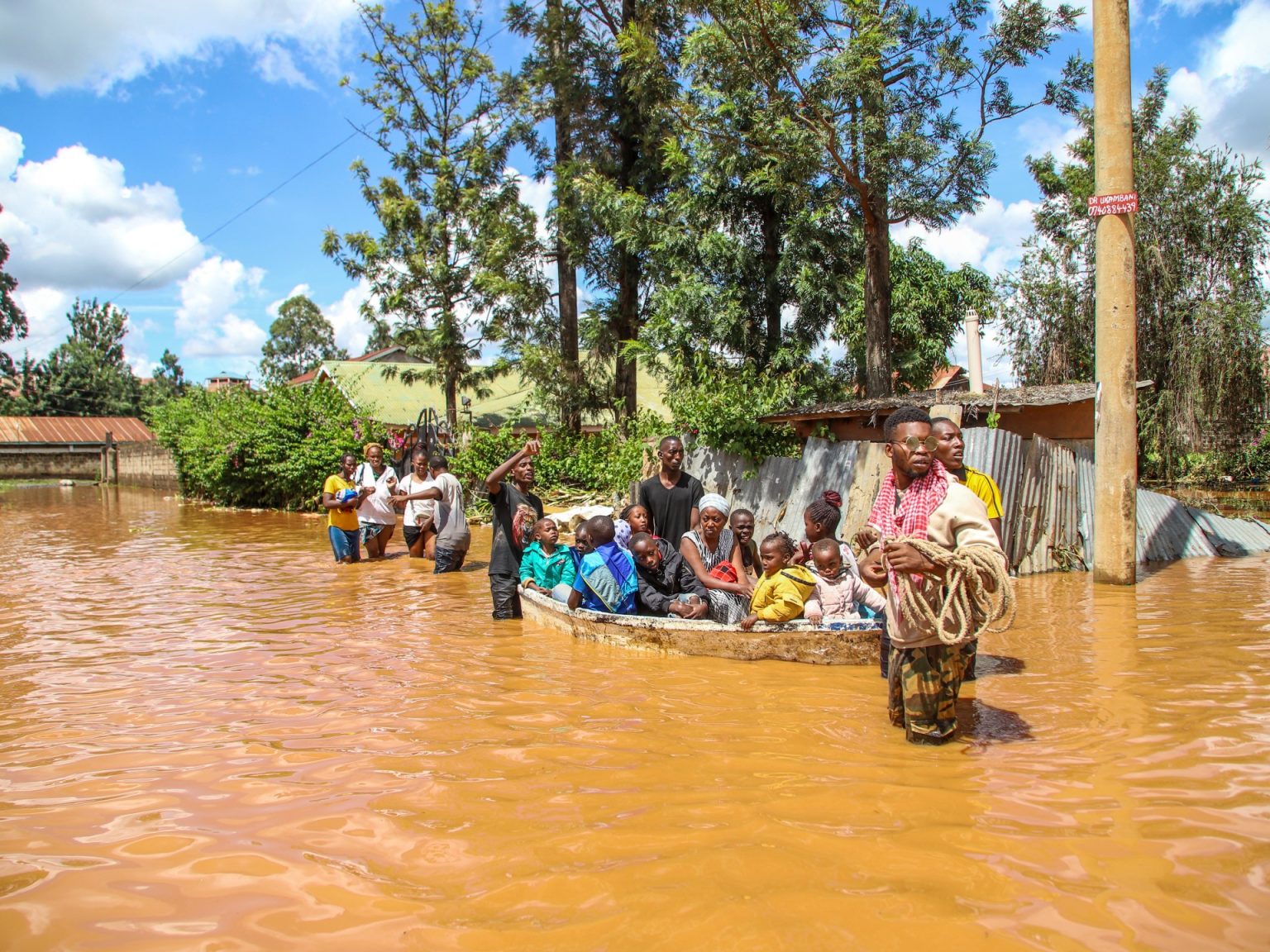In the last three years, extreme weather events in Africa have led to crises of hunger, displacement, and deadly cholera outbreaks. Southern and East Africa have been particularly hard hit, with over 6,000 deaths and nearly 350,000 reported cases of cholera since late 2021. Countries such as Malawi, Zambia, Zimbabwe, Mozambique, Kenya, Ethiopia, and Somalia have all been affected by floods, droughts, or both, leading to the spread of cholera.
Experts believe that the surge in cholera outbreaks in Africa is a direct result of the increasing frequency of extreme climate events. Tulio de Oliveira, a scientist based in South Africa, has linked the latest outbreaks in Southern Africa to cyclones and floods that carried cholera bacteria to new areas. The lack of access to clean water sources in regions impacted by extreme weather events has led people to rely on contaminated sources, further exacerbating the spread of the disease.
Africa, already vulnerable to disease outbreaks due to poor sanitation and lack of clean water, is facing increased risks due to climate change and the El Nino weather phenomenon. The World Health Organization has labeled cholera as a disease of poverty, as it thrives in areas with poor sanitation and limited resources. Historically, resources have been allocated to diseases like polio and tuberculosis, which pose a threat to rich countries as well. However, cholera epidemics have largely remained contained to regions with limited resources.
The WHO has reported a critical shortage of oral cholera vaccines in the global stockpile, with only 3.2 million doses remaining out of the initial 46 million available. A total of 15 countries have requested 82 million doses to combat deadly outbreaks, highlighting the urgent need for more vaccines. GAVI and UNICEF have called for the approval of a new cholera vaccine to increase stocks and prevent further deaths. While cholera outbreaks are also occurring in other regions, Africa remains the most severely affected.
The shortage of vaccines has already had a devastating impact on African countries dealing with cholera outbreaks. Billions of dollars have been invested in diseases that pose a threat to the world’s most vulnerable populations, but resources for cholera have been lacking. The disease has been allowed to spread unchecked due to limited access to vaccines, clean water, and sanitation facilities. Without immediate action to address these issues, the cholera outbreaks in Africa will continue to claim lives and worsen existing crises of hunger and displacement.
In response to the growing cholera outbreaks, health authorities, scientists, and aid agencies are calling for increased support and resources to combat the spread of the disease in Africa. The link between extreme weather events, climate change, and disease outbreaks must be addressed to prevent future crises. By investing in clean water and sanitation infrastructure, as well as increasing access to vaccines, African countries can better prepare for and respond to cholera outbreaks, ultimately saving lives and mitigating the impact of climate-related disasters.













